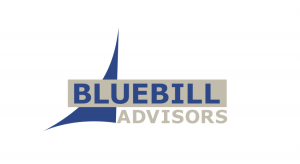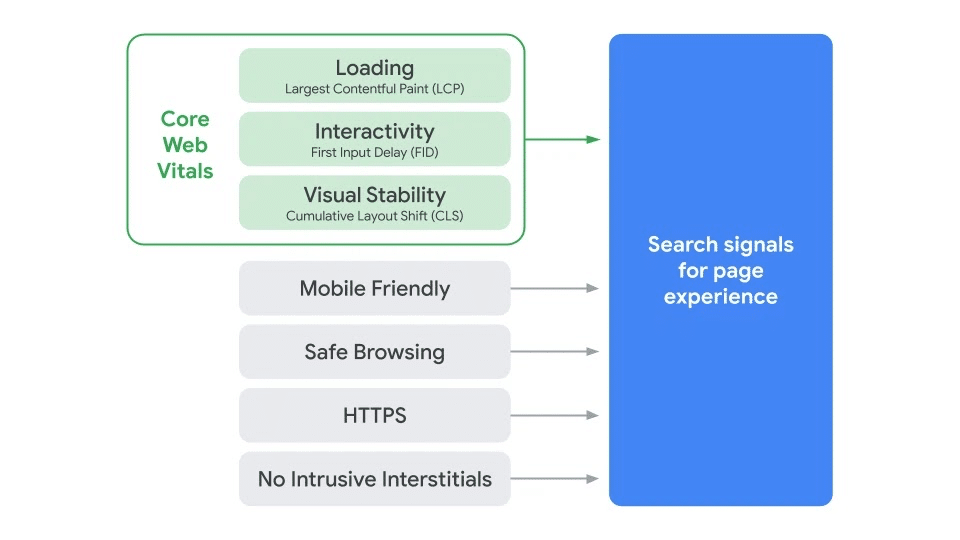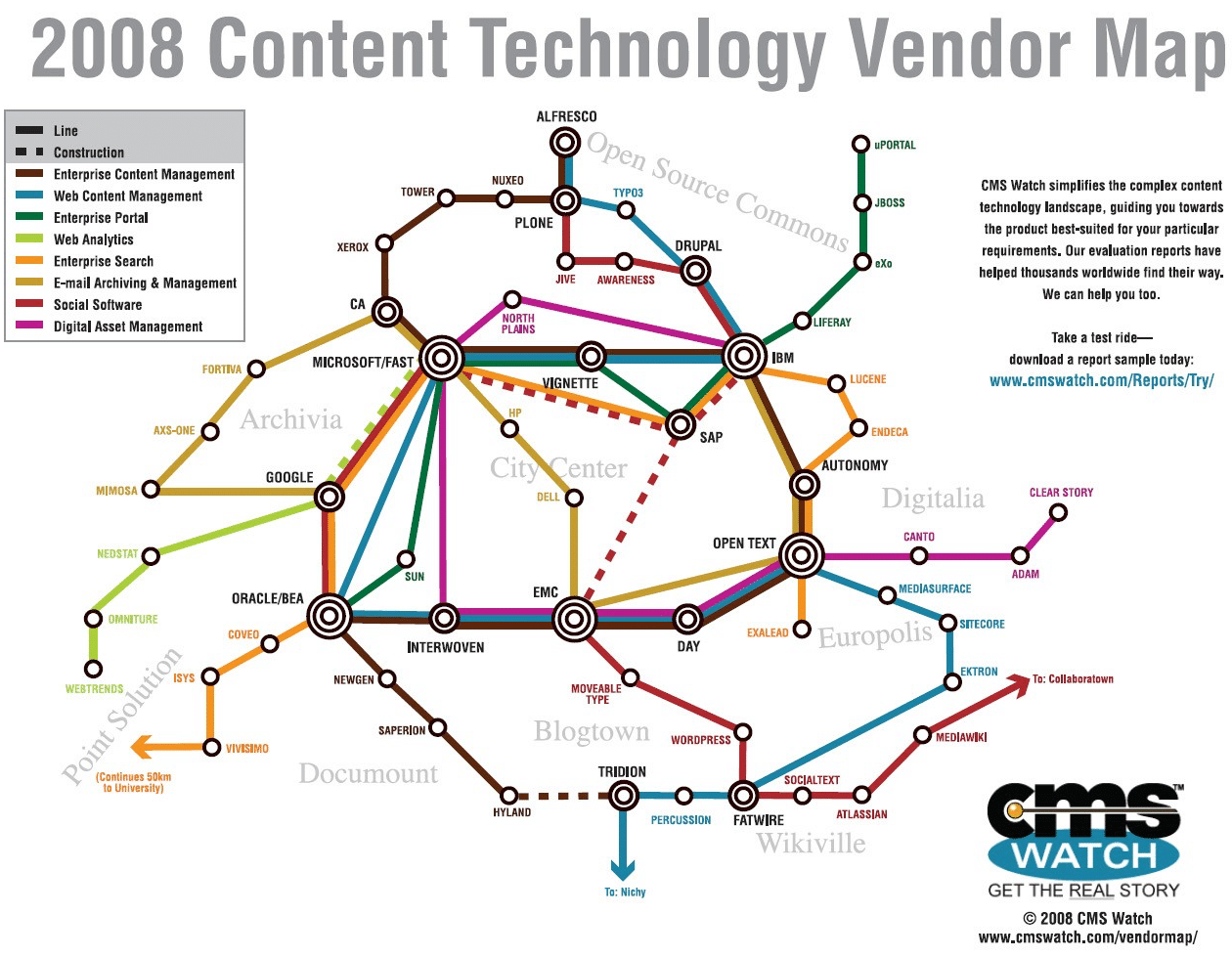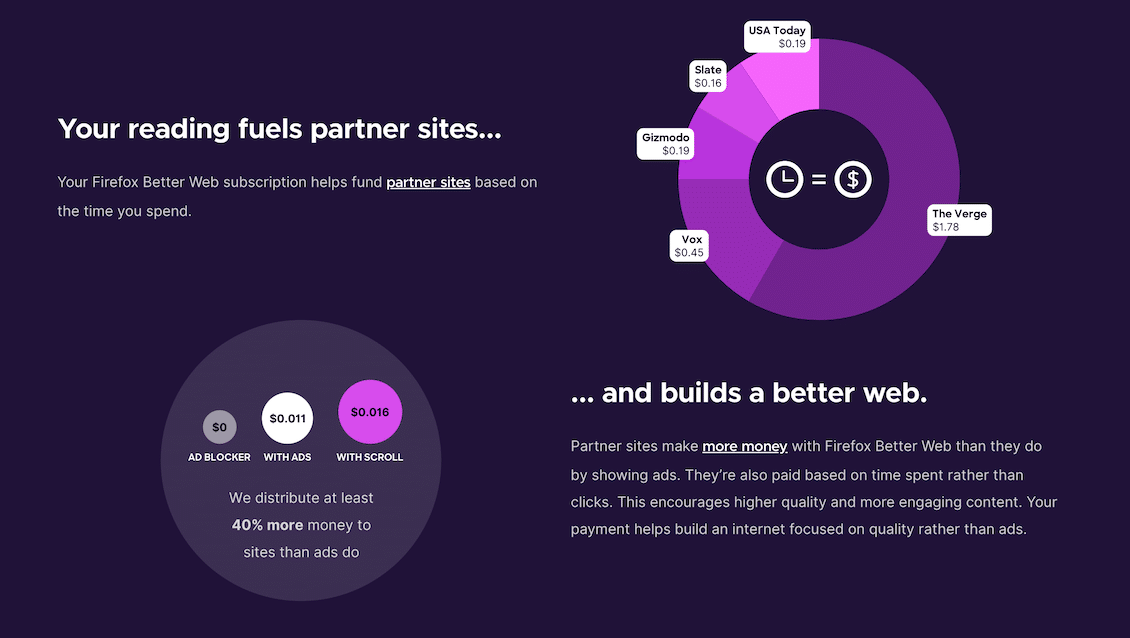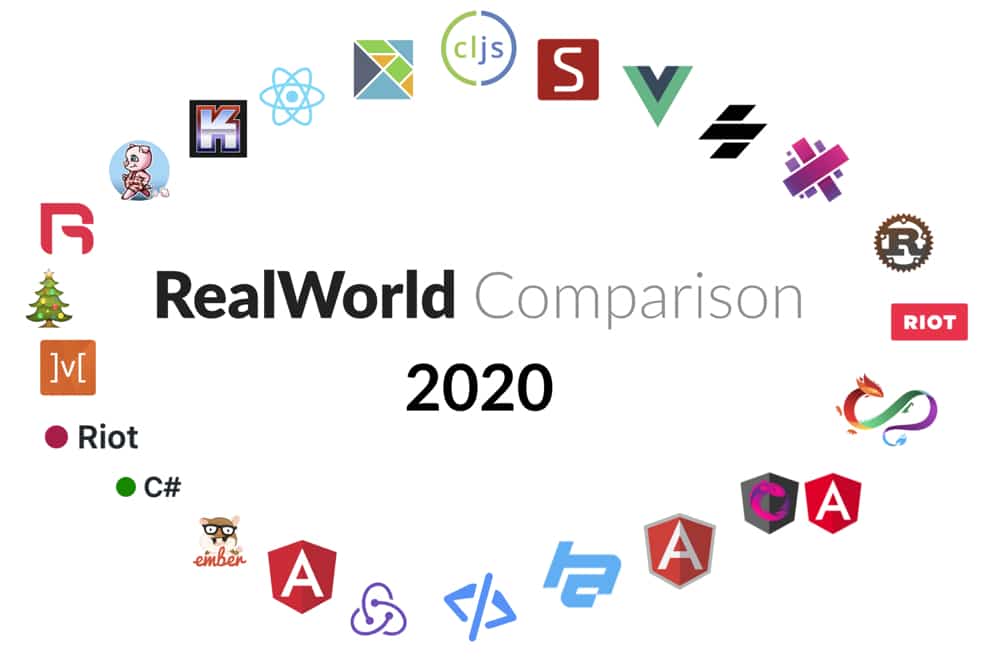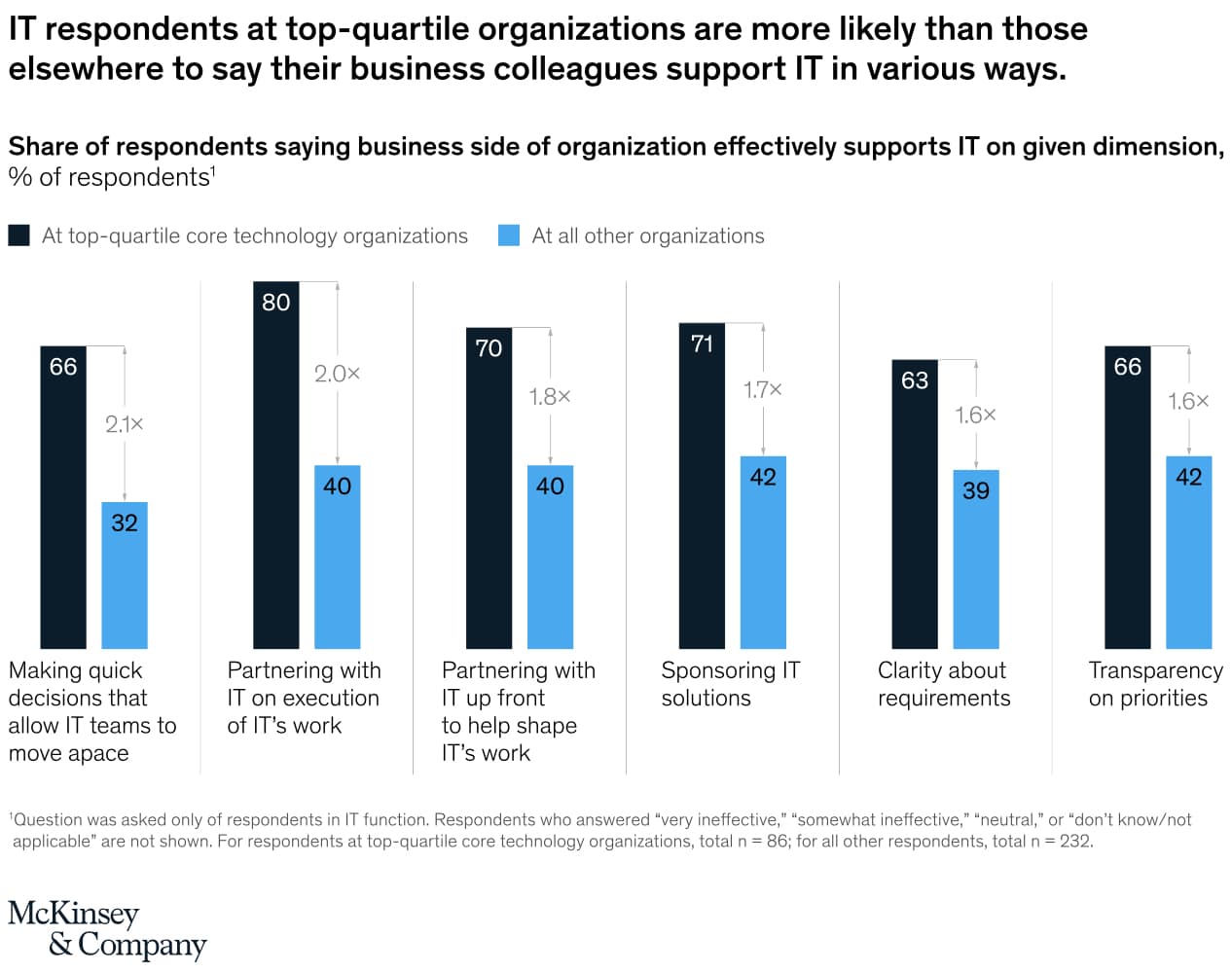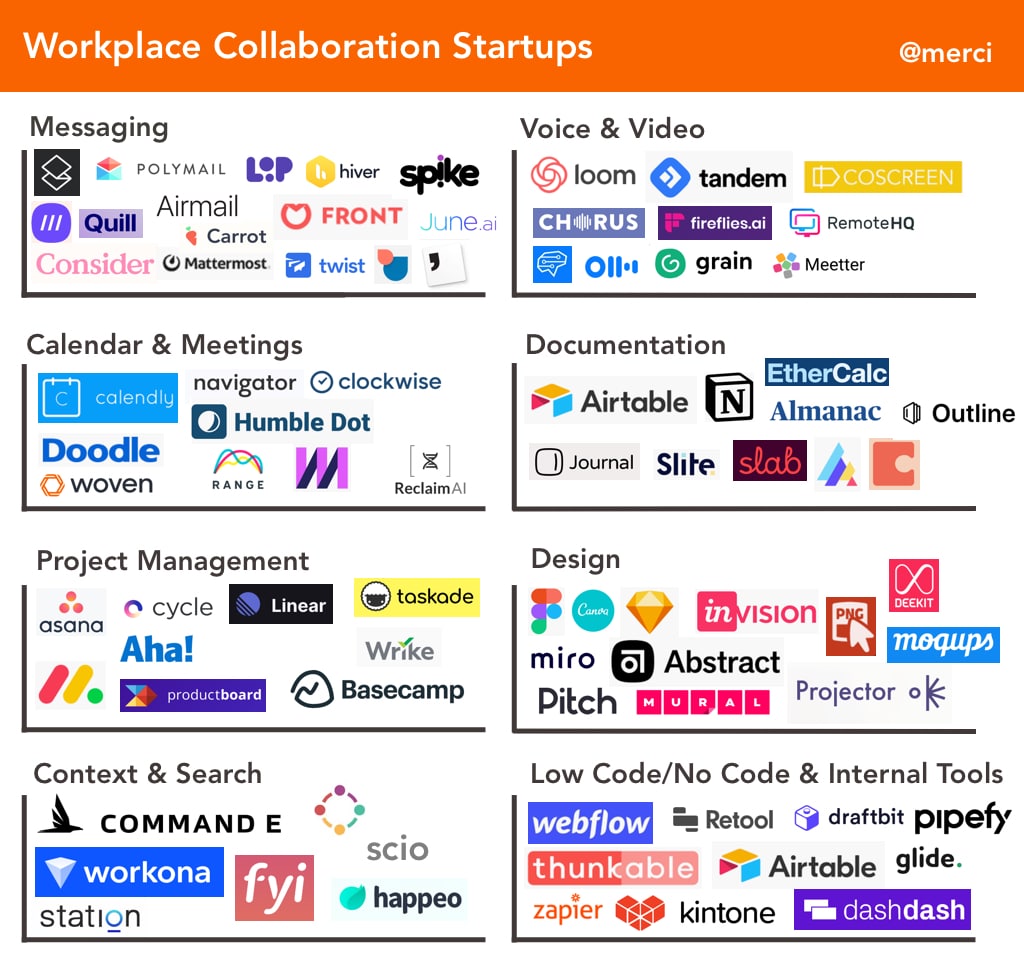AI democratization in the era of GPT-3
The recent announcement of Microsoft’s exclusive license to OpenAI’s GPT-3 says that in addition to using it for their own products, they will continue to work with OpenAI to help “democratize AI”. The GPT-3 code is not open source, but OpenAI provides free access to GPT-3 via an API, and says it will continue to do so. We’re left to speculate what this means beyond that. Will future models provide free access? Will they be exclusively licensed to Microsoft (an investor) or others? What does democratization in this context mean? Without making a value judgement about this, it’s clear that those building applications using GPT-3 API will have a lot of additional questions.
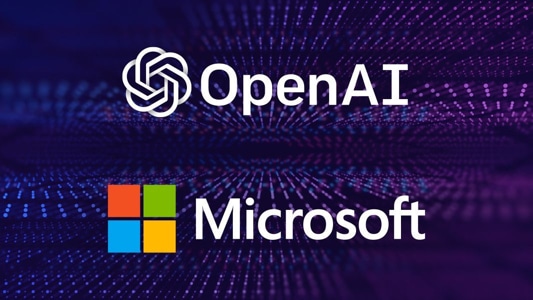
This article by Professor Mark Riedl from Georgia Institute of Technology is a great place to start.
Are you ready for quantum computing?
Quantum computing isn’t ready for prime time for practical business application yet, but it has lots of promise for industry use beyond encryption. Quantum computing is difficult for most of us to get our head around, nonetheless, senior executives and strategists need to track its progress and consider potential use cases. Fortunately, Professor of Physics and Computer Science, Shohini Ghose has provided a short and accessible general introduction, hype-free status update, and some good advice for business leaders.
The body is the missing link for truly intelligent machines
Artificial General Intelligence (AGI), a type of artificial intelligence that is at least as capable as human intelligence, is not a near-term reality. Ben Medlock agrees, and argues that humans have an unfair advantage in the scope and richness of our model, and that though we don’t know how, our bodies play a critical role in creating and maintaining our model.
This means that when a human approaches a new problem, most of the hard work has already been done. In ways that we’re only just beginning to understand, our body and brain, from the cellular level upwards, have already built a model of the world that we can apply almost instantly to a wide array of challenges. But for an AI algorithm, the process begins from scratch each time.
The weaponization of web archives: Data craft and COVID-19 publics
An enlightening academic look at provenance-hijacking tactics focused on current pandemic health misinformation.
Using provenance information such as original context, technical specificities, and unique characteristics of online resources from web crawls, and social analytics data from the Crowdtangle API we find that web archives like the Internet Archive’s Wayback Machine are being weaponized to propagate and preserve health misinformation circulating on platforms like Facebook and Twitter.
Also…
- ‘Digital chemistry’ breakthrough turns words into molecules Natch, there’s a Chemical Description Language (XDL) via phys.org
- Advice on coping with middle age… Google has outgrown its corporate culture via The Economist
- Yay! The resurgence and importance of email newsletters a survey via Reuters Institute
- If you’re tracking Web3 / decentralized web… An introduction to IPFS (Interplanetary File System) via Infura
The Gilbane Advisor is curated by Frank Gilbane for content technology, computing, and digital experience professionals. The focus is on strategic technologies. We publish more or less twice a month except for August and December. We do not sell or share personal data.
Subscribe | Feed | View online | Editorial policy | Privacy policy


